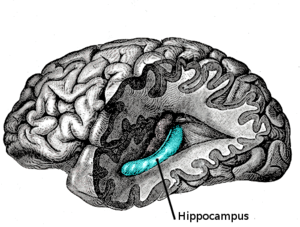Created by Dr. Ira Progoff, a depth psychologist, the Intensive Journal® program is an integrated system using writing exercises to help you develop your life.
Learn how to work with your experiences and emotions to awareness and insights to give your life greater direction, clarity and purpose.
Intensive Journal® exercises help you overcome preconceived ways of thinking to achieve breakthroughs that were previously not possible.
At our workshops, certified leaders guide you step-by-step through the exercises with the protections of otal privacy. Our program has a 45 year history of helping over 175,000 people.
A Framework for Your Evolving Life
The Intensive Journal® method provides you with a safe and effective framework from which to explore and develop your life.
Practical Ways to Develop Your Life
- Explore and connect with your unique life experiences to gain a greater sense of the continuity and direction of your life.
- Work through transitions more effectively. Placing issues within the context of your total life experiences helps you to realize your capacities for moving through to the next phase of your life.
- Deepen your awareness about personal relationships, health, career, and major events using Progoff’s unique dialogue process.
- Learn how to revisit prior experiences in a non-threatening way. Your life history becomes a rich avenue from which new perspectives and choices can reveal themselves.
- Connect with your inner process to help you access and listen to hunches, intuitions and imagery that are important sources of wisdom.
- Utilize Progoff’s unique non-analytical methods for working with dreams and imagery.
Utilize the Writing Process to Connect to Your Life
- The process of writing helps you access feelings and experiences to make them tangible for further development. You are not writing your life story. You do not have to like to write or write well; only you will read what you have written.
The Workshop Setting: A Profound Experience
- The Progoff™ methodogy works best in a workshop setting where you are away from your daily routines over an extended period of time. You can relax and focus inwardly as our leader guides you step-by-step through the exercises.
- The built-in protections of privacy in the workshop help you feel safe to be honest with yourself, building trust in your own inner wisdom and capacities. No one comments on your life.
1 At a Journal Workshop (rev. ed. 1992), by Ira Progoff, Penguin Putnam, p.8 (affiliate link)
2 Depth Psychology and Modern Man, by Ira Progoff, McGraw-Hill Paperback
3 At a Journal Workshop (rev. ed. 1992), by Ira Progoff, Penguin Putnam.
Related articles






















